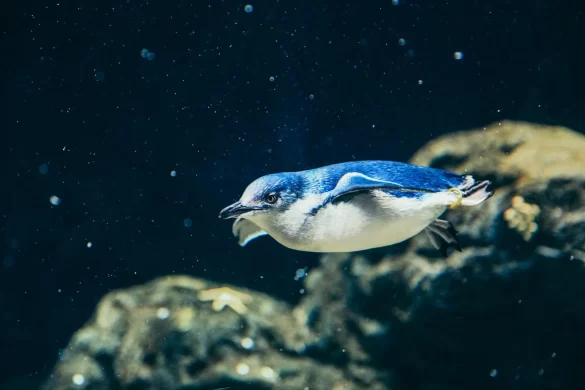Marine animals are helping scientists solve ocean problems
For centuries, humans have struggled to study the vast, deep, and often inaccessible regions of the ocean. Traditional research vessels and satellites provide valuable data, but they have limitations. Read more here.
Data show water quality good at most beaches
The water quality at most beaches in Taiwan last year was good, making them suitable for recreational activities, research released yesterday by the Ocean Conservation Administration showed. Read more here.
Tanzania’s marine reserves offer long term benefits to communities, study finds
The Tanzanian government established five marine protected areas (MPAs) in the 1990s to safeguard falling fish populations. Read more here.
Global fisheries must change to avoid ocean collapse, study finds
Marine ecologist Graham Edgar from the University of Tasmania agreed that stronger protections were needed but said the report’s action points don’t go far enough. Read more here.
Biologging: Animals are recording human impact on the ocean
Biologging sensors attached to animals help researchers collect valuable data about marine environments. This data helps monitor human activities, such as fishing, pollution, and noise disturbances from boats and construction, providing insights into their impact on marine life. Read more here.

